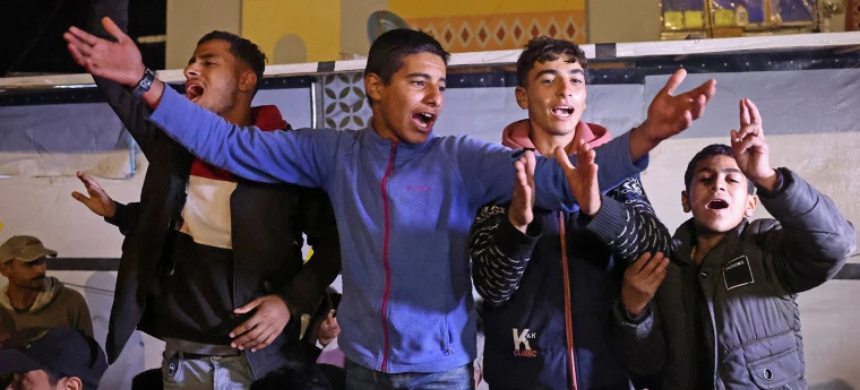International Aid Agencies Mobilize to Support Gaza Amid Ceasefire Agreement
The ceasefire agreement between Israel and Hamas has spurred an urgent response from international aid organizations to address the escalating humanitarian crisis in Gaza. After more than 15 months of conflict, the region is grappling with severe food shortages, medical emergencies, and widespread infrastructure damage.
UNRWA: Advocating for Unhindered Humanitarian Access
The United Nations Relief and Works Agency (UNRWA), a lifeline for 2 million Palestinians in Gaza, has called for immediate and uninterrupted access to deliver essential aid. With over 1 million people depending on UNRWA for food and healthcare, the organization is working tirelessly to mitigate the impact of prolonged bombardment and restricted aid deliveries.
UNICEF: Prioritizing Children’s Well-Being
UNICEF has emphasized the catastrophic effects of the conflict on children, describing the ceasefire as “long overdue.” The war has claimed the lives of more than 14,500 children, with 17,000 now unaccompanied or separated from their families. UNICEF is ramping up efforts to treat malnutrition and plans to resume vaccination programs for 420,000 children under five years old.
Read More: Hamas Accepts Gaza Ceasefire Proposition
World Food Programme: Addressing Food Insecurity
The World Food Programme (WFP) has prepared enough food to support over a million people for three months. However, the organization highlights the need for secure access and additional funding to distribute these supplies effectively. WFP is urging the reopening of border crossings and the safe passage of humanitarian workers to deliver aid to the affected population.
Red Cross: Supporting Hostage Release and Long-Term Aid
The International Committee of the Red Cross (ICRC) is actively involved in facilitating the terms of the ceasefire agreement, including the release of hostages and detainees. While the ICRC is prepared to scale up its humanitarian efforts, it warns that addressing the immense needs in Gaza will require sustained efforts over months or even years.
Norwegian Refugee Council: Rebuilding Gaza’s Infrastructure
The Norwegian Refugee Council (NRC) has appealed to Israel to lift all aid restrictions to prevent famine-like conditions. With extensive damage to homes, schools, and hospitals, the NRC is focused on rebuilding Gaza’s infrastructure and supporting families in their recovery.
International Rescue Committee: Urgent Aid Scale-Up Required
David Miliband, president of the International Rescue Committee (IRC), has called for a significant increase in aid, including food, water, medicine, and fuel. He emphasized the importance of safer conditions for both civilians and aid workers to ensure the effective delivery of humanitarian assistance.
A Race Against Time
The ceasefire agreement offers a critical opportunity for aid agencies to address Gaza’s overwhelming humanitarian needs. However, significant challenges remain, including funding shortages, logistical barriers, and the long-term task of rebuilding the region’s infrastructure. The global community must act swiftly to prevent further suffering and provide sustainable support for Gaza’s recovery.











